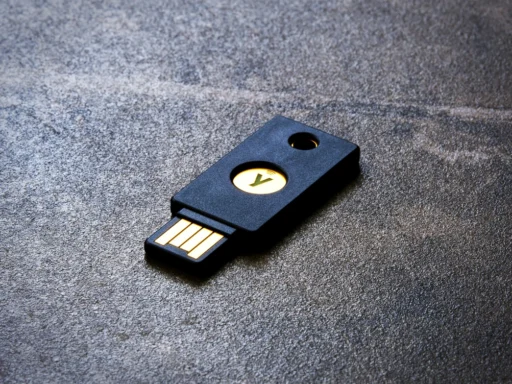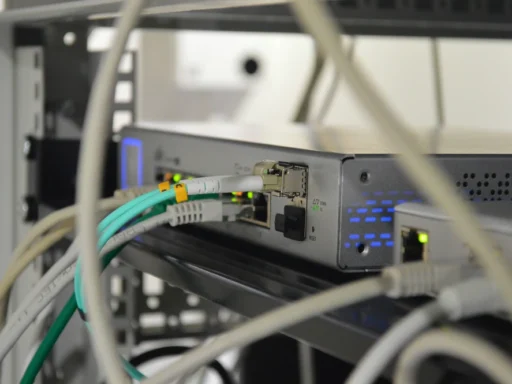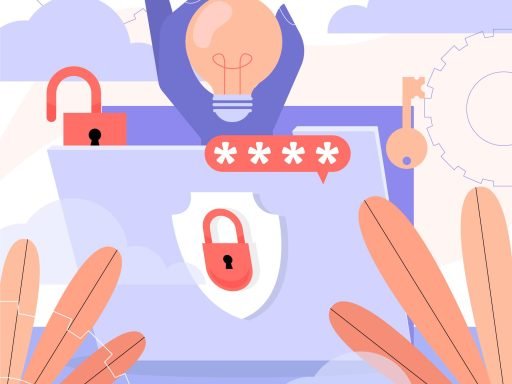In the fast-paced world of cybersecurity, technical expertise often takes center stage. However, as the field evolves, the importance of soft skills—such as communication, teamwork, and problem-solving—has become increasingly apparent. Cybersecurity professionals must not only be adept at managing complex systems and thwarting cyber threats but also excel in areas that require interpersonal skills, strategic thinking, and collaboration. This article explores the essential soft skills that every cybersecurity professional should cultivate to thrive in their roles.
1. Communication Skills
Effective communication is the cornerstone of success in cybersecurity. Whether you’re explaining technical concepts to non-technical stakeholders, drafting security policies, or coordinating responses during a cyber incident, clear and concise communication is critical.
Why Communication Matters:
- Bridging the Gap: Cybersecurity professionals often need to translate complex technical jargon into language that non-technical colleagues, such as executives or clients, can understand. This ensures that everyone is on the same page and that security measures are properly implemented.
- Incident Response: During a cyber incident, quick and clear communication can be the difference between a contained threat and a full-blown crisis. Being able to effectively communicate with team members and stakeholders under pressure is vital.
- Security Awareness Training: Educating employees about cybersecurity risks requires not just knowledge, but the ability to convey that knowledge in an engaging and understandable way. This helps in fostering a security-conscious culture within the organization.
Next Steps: Develop your communication skills by practicing explaining complex concepts in simple terms. Consider taking courses in business communication or public speaking to enhance your ability to articulate your thoughts clearly.
2. Teamwork and Collaboration
Cybersecurity is rarely a solo effort. It often requires a coordinated approach involving multiple departments and stakeholders. Teamwork and collaboration are essential for ensuring that security measures are comprehensive and effective.
Why Teamwork Matters:
- Cross-Department Collaboration: Cybersecurity professionals frequently collaborate with IT, legal, HR, and other departments. Effective teamwork ensures that security initiatives align with organizational goals and that everyone is working towards the same objectives.
- Incident Response Teams: In the event of a security breach, working effectively within a team is crucial. Incident response teams must coordinate their efforts seamlessly to mitigate the impact of the breach and restore normal operations.
- Shared Knowledge: The cybersecurity landscape is constantly changing. Collaborating with others allows for the sharing of knowledge and expertise, which can lead to better problem-solving and innovation.
Next Steps: Enhance your teamwork skills by participating in group projects, both within and outside your organization. Consider team-building activities and learning how to manage group dynamics effectively.
3. Problem-Solving and Critical Thinking
Cybersecurity is fundamentally about solving problems—identifying threats, analyzing vulnerabilities, and devising solutions to mitigate risks. Strong problem-solving and critical thinking skills are therefore indispensable in this field.
Why Problem-Solving Matters:
- Threat Analysis: Cybersecurity professionals must be able to assess complex situations, identify potential threats, and develop strategies to counter them. This requires a methodical approach to problem-solving and the ability to think critically about potential outcomes.
- Adapting to New Threats: Cyber threats are constantly evolving, and the ability to think on your feet and adapt to new challenges is crucial. Problem-solving skills enable you to develop creative solutions to emerging threats.
- Incident Resolution: When a security incident occurs, quick and effective problem-solving can minimize damage and restore operations more swiftly. This includes identifying the root cause of the issue and implementing measures to prevent recurrence.
Next Steps: Sharpen your problem-solving skills by engaging in activities that require strategic thinking, such as puzzles, simulations, or cybersecurity challenges. Consider studying case studies of past security incidents to learn how others have tackled similar problems.
4. Leadership and Strategic Thinking
Leadership in cybersecurity isn’t just about managing a team; it’s about setting a vision, making strategic decisions, and guiding an organization’s security posture. Even if you’re not in a formal leadership role, these skills are valuable in influencing and driving security initiatives.
Why Leadership Matters:
- Guiding Security Strategy: Effective leaders in cybersecurity are able to set clear goals, prioritize security initiatives, and align them with the organization’s overall strategy. This ensures that security efforts are proactive rather than reactive.
- Influence and Persuasion: Often, cybersecurity professionals need to advocate for necessary security measures or investments. Strong leadership and persuasive skills help in gaining buy-in from executives and other stakeholders.
- Crisis Management: During a cyber crisis, leadership is crucial. Being able to remain calm, make decisive decisions, and lead your team effectively can significantly impact the outcome of an incident.
Next Steps: Build your leadership skills by seeking out opportunities to lead projects or initiatives, even on a small scale. Consider leadership training programs or courses in strategic thinking to enhance your ability to guide others and make informed decisions.
5. Emotional Intelligence (EQ)
Emotional intelligence, or EQ, is the ability to understand and manage your own emotions, as well as those of others. In cybersecurity, where stress levels can be high and the stakes significant, EQ is a valuable skill that can improve teamwork, leadership, and communication.
Why Emotional Intelligence Matters:
- Stress Management: Cybersecurity incidents can be stressful, and the ability to manage your own emotions while keeping a team calm is vital. High EQ helps in maintaining a focused and effective response during crises.
- Building Trust: High EQ enables you to build strong relationships with colleagues, clients, and stakeholders. Trust is essential in cybersecurity, where decisions often need to be made quickly and with confidence.
- Conflict Resolution: In a collaborative environment, conflicts may arise. EQ allows you to navigate these conflicts effectively, ensuring that they are resolved constructively and do not hinder the team’s performance.
Next Steps: Develop your emotional intelligence by practicing self-awareness and empathy. Engage in activities that require active listening and reflection, and consider taking an EQ assessment to identify areas for improvement.
Conclusion
While technical skills are undoubtedly important in cybersecurity, soft skills like communication, teamwork, problem-solving, leadership, and emotional intelligence are equally vital. These skills enable cybersecurity professionals to work effectively in diverse teams, manage crises, and drive security initiatives that align with broader business objectives. By developing these soft skills, you can enhance your effectiveness in your current role and position yourself for future career growth.
Call to Action: Start by assessing your current soft skills and identifying areas for improvement. Invest in developing these skills through training, practice, and real-world experience. In doing so, you’ll not only advance your career but also contribute more effectively to your organization’s cybersecurity efforts.












